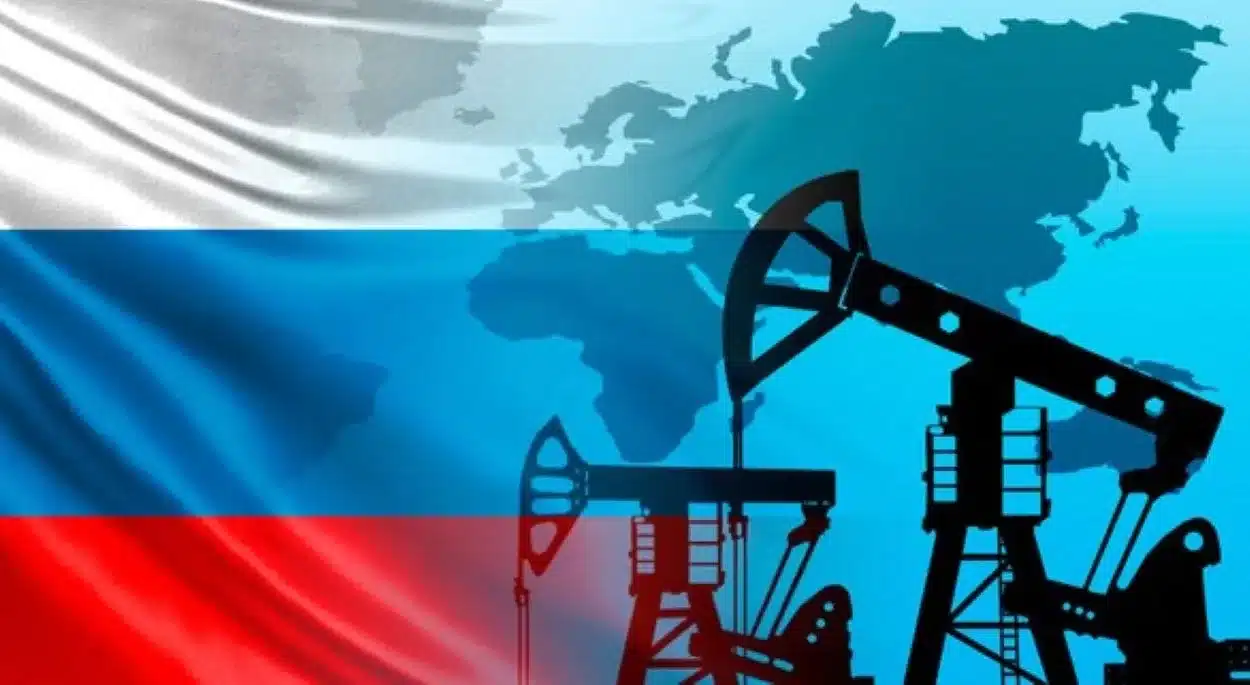A Russian cargo ship conveying 100,000 tonnes of Ural crude oil was originally meant to reach by May 27-28. Still, it was delayed due to technical issues and prolonged waiting time at Egypt’s Suez Canal; it is anticipated to dock at the Omani port of Duqm on June 7.
The News Pakistan reported referring to a senior official, that the cargo would then be transferred to Pakistan via smaller vessels, taking about two weeks to arrive at Port Qasim in Karachi.
The freighter, loaded on April 21, underwent a 10-day delay before it arrived at the Suez Canal on May 17, where it remained for 12 days due to a queue.
Following a two-day Red Sea crossing, the ship will unload half of the oil onto a 50,000-tonne vessel at Duqm, slated to reach Port Qasim on June 11. The remaining crude oil is expected to arrive in Pakistan on June 20.
The delay, attributed to logistical hurdles, will not increase the transportation costs, which have already been settled with the Russian suppliers. Yet, any downturn in crude oil prices during this period could be economically unfavorable for Pakistan.
Pakistan Refinery Limited (PRL) is set to refine this first shipment of Russian crude, blending it with oil imported from the UAE and Saudi Aramco. PRL’s task includes submitting a test report to the government detailing the oil’s quality, yields, and commercial viability. This test cargo will also aid in estimating transportation, refining costs, and refinery margins.
Pakistan, relying on imports for 70% of its crude oil needs, primarily refined by PRL, National Refinery Limited, Pak Arab Refinery Limited, and Byco Petroleum, aims to diversify its oil import sources in light of escalating global prices.






